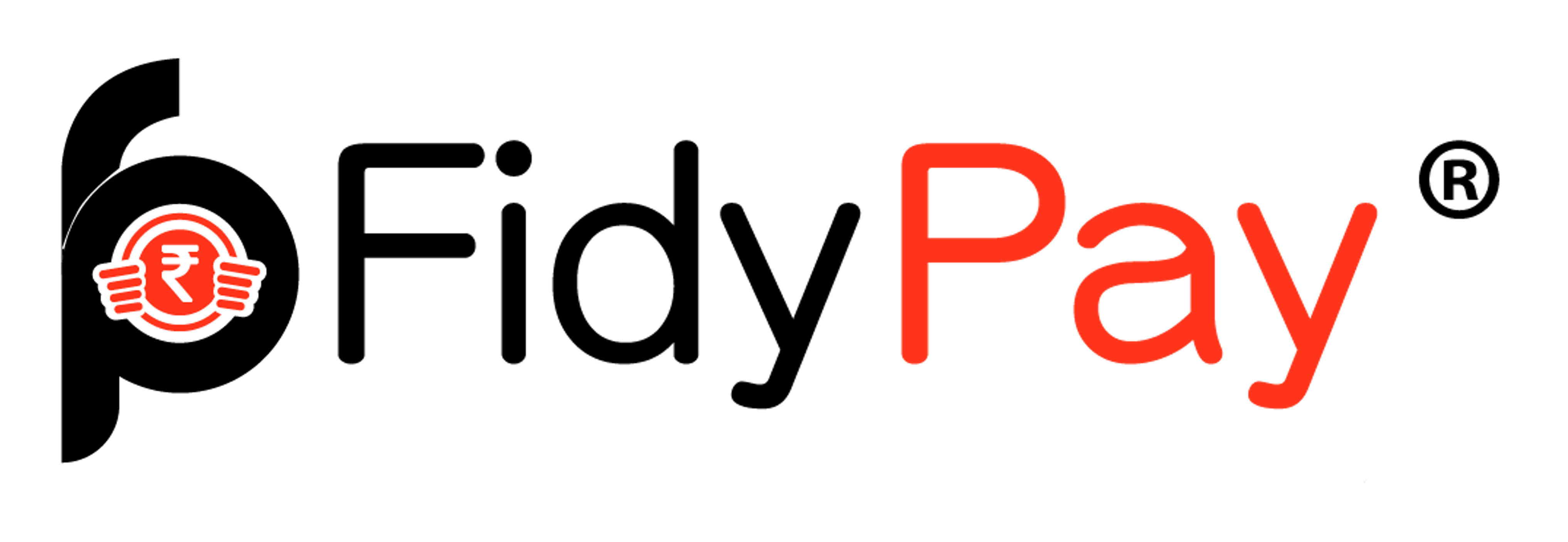The world of digital payments is evolving rapidly, and with it, the role of payment aggregators in India is becoming increasingly important. These innovative entities have revolutionized how businesses accept and process payments, offering a range of services that have transformed the landscape of e-commerce in the country. However, navigating the complex world of payment aggregators can be daunting for the uninitiated.
With so many different types and examples, it can be challenging to know where to start. In this comprehensive guide, we`ll dive deep into the world of payment aggregators, exploring their operations and functions and highlighting some key players in the Indian market. So, whether you`re a business owner or simply curious about the latest trends in digital payments, read on to discover everything you need to know about payment aggregators in India.
What is a Payment Aggregator/Merchant Aggregator?
In the world of e-commerce, payment aggregators and merchant aggregators are two terms that are frequently used interchangeably. But what do these terms mean? Simply put, a payment aggregator is a platform that enables businesses to accept multiple payment methods through a single integration.
On the other hand, merchant aggregators act as a middleman between merchants and payment processors, allowing businesses to process transactions without having to establish direct relationships with multiple payment providers.
While payment and merchant aggregators serve a similar function, their approach differs. Payment aggregators typically offer a broader range of payment options and may be more suitable for businesses requiring flexible payment processing. On the other hand, merchant aggregators are more focused on streamlining the payment process for merchants and may offer additional value-added services such as fraud detection and prevention.
Ultimately, choosing a payment or merchant aggregator will depend on your business needs and goals. By understanding the differences between these two aggregators, you can decide which option is right for your business.
Payment Aggregator: The Analogy you need to Know as an example
Understanding payment aggregators can be complex, but an analogy can help make it more approachable. Imagine a shopping mall that houses multiple stores under one roof. Each store has its own unique offering and payment methods. In this scenario, the shopping mall is the payment aggregator, providing a single point of contact for customers to access the individual stores and their respective payment options.
Like a shopping mall, payment aggregators offer a centralized platform allowing businesses to accept payments from multiple sources. By partnering with a payment aggregator, businesses can streamline their payment processes and other their customers a wide range of payment options. Some famous examples of payment aggregators in India include PayU, Razorpay, and Instamojo.
How Do Payment Aggregators Work?
Payment aggregators have become increasingly popular in India, providing businesses a simplified way to accept payment from multiple sources. But how do payment aggregators work? Let`s crack it down into a few simple steps:
1. Payment aggregator provides merchant account: First, the business creates an account with the payment aggregator, which provides them with merchant accounts to accept payments.
2. Customer heads to checkout: When they are ready to purchase, they head to the checkout page and select their preferred payment method.
3. PA`s acquirer receives transaction information: The payment aggregator`s acquiring bank receives the transaction information from the merchant.
4. Card Company runs fraud check: The card company then runs a fraud check to ensure the transaction is legitimate.
5. Issuer accepts/declines the transaction: If approved, the card issuer accepts it and sends funds to the acquiring bank.
6. Acquirer requests for funds: The acquiring bank requests the funds from the card issuer, which are then transferred to the merchant`s account.
7. Payment aggregator settles funds: finally, the payment aggregator settles the funds with the merchant, usually regularly.
Types of Payment Aggregators in India
In India, there are primarily two types of payment aggregators: third-party payment aggregators and bank payment aggregators. Here`s a brief overview of each type:
1. Third-party payment aggregator: These independent companies provide payment aggregation services to businesses. They partner with multiple payment providers to offer their customers a range of payment options.
2. Bank payment aggregators: these are payment aggregators that are owned and operated by banks. They typically offer a more limited range of payment options but may be preferred by businesses prioritizing security and reliability.
Features of Online Payment Aggregator
Online payment aggregators have become essential for businesses that want to offer their customers a convenient and secure way to make payments. Here are some key features of online payment aggregators:
1. Easy on-boarding and sub-merchant account: Payment aggregators make it easy for businesses to set up and start accepting payments quickly. They also provide sub-merchant accounts for each business, allowing for easy tracking of transactions.
2. Highly secure: Payment aggregators use advanced security measures to protect customer data and prevent fraud. They also comply with industry-standard security regulations to ensure the highest level of security.
3. Instant refunds: Payment aggregators offer instant refunds, allowing businesses to quickly and efficiently process refunds for their customers.
4. Instant settlements: Payment aggregators provide instant settlements, which means businesses can access their funds as soon as the transaction is complete.
5. Excellent customer support: Payment aggregators offer excellent customer support, providing businesses access to a team of experts who can help with any issues or questions.
Payment Aggregator vs Payment Gateways
When accepting online payments, businesses have two primary options: payment aggregators and gateways. While they may have similar features these are critical differences between the two:
1. Authorization: Payment gateways typically require authorization from the card issuer before a transaction can be processed. In contrast, payment aggregators have pre-approved merchant accounts that allow them to process transactions more quickly.
2. Capital requirements: Payment gateways may require businesses to have a certain amount of capital to use their services, while payment aggregators often have lower or no capital requirements.
3. Governance: Payment gateways are typically subject to more regulatory oversight than payment aggregators due to the higher levels of security and compliance they require.
4. Safeguards against money laundering: Payment gateways may have more stringent safeguards to prevent money laundering and other fraudulent activity.
5. Merchant On-boarding: Payment aggregators typically have a faster and easier on-boarding process for merchants, while payment gateways may require more paperwork and documentation.
Conclusion
Payment aggregators have revolutionized the way businesses accept payments online in India. From easy on-boarding and secure transactions to instant refunds and settlements, payment aggregators offer a range of features that make them a popular choice for businesses of all sizes. Understanding the different types of payment aggregators and their features can help businesses choose the option that best fits their needs and goals.

